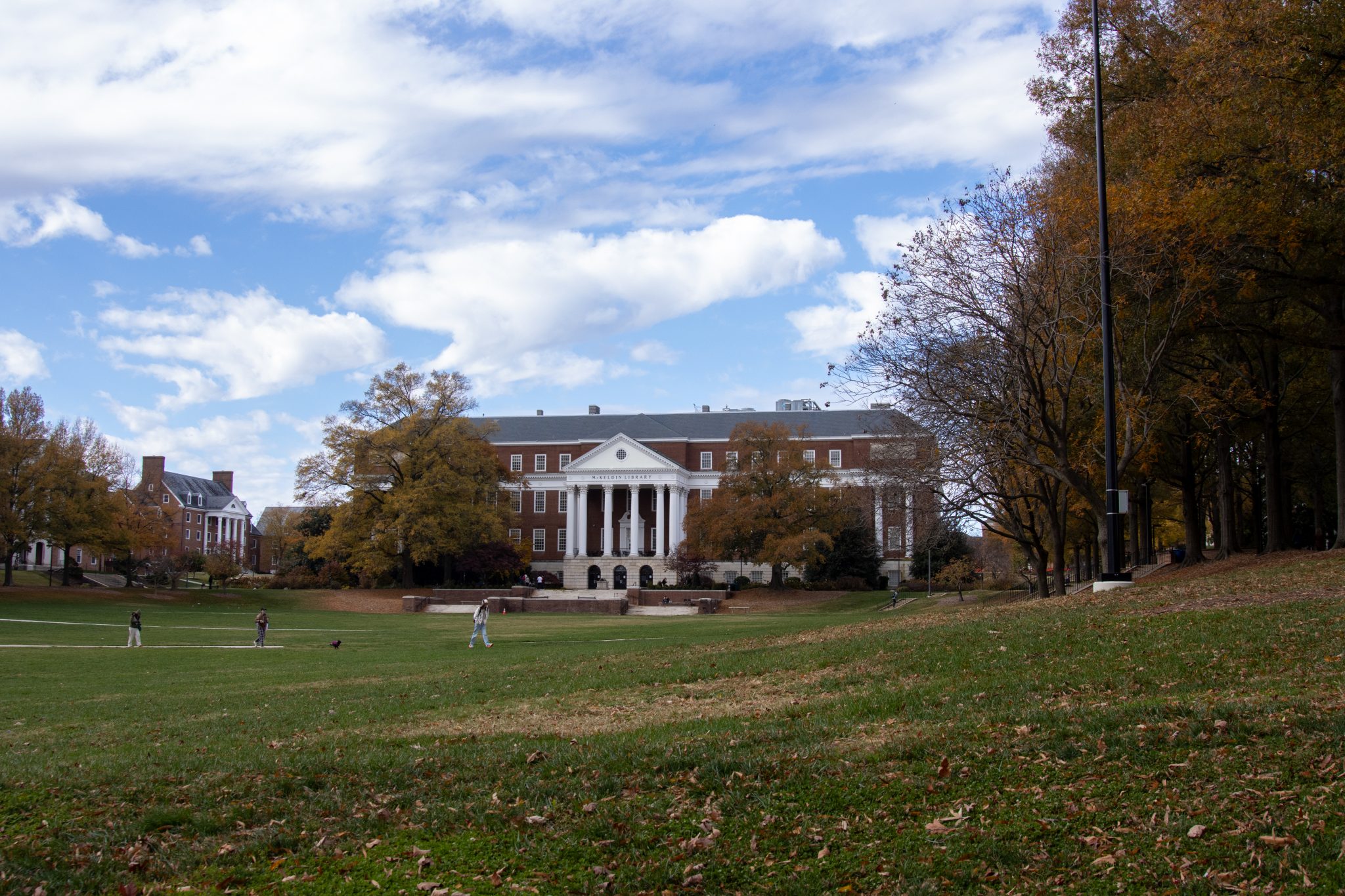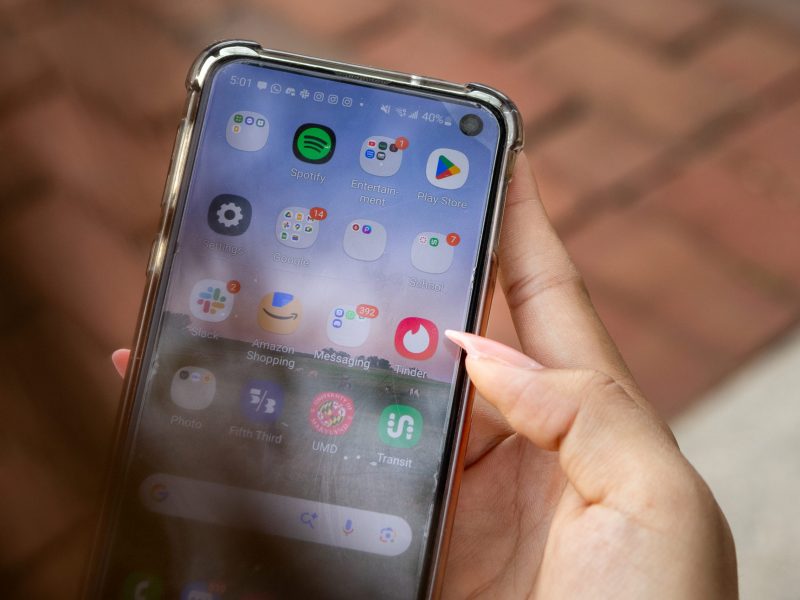University of Maryland student Jelena Hall recalled sitting in class and anxiously watching live updates on Hurricane Melissa.
In October, the Category 5 hurricane began wreaking havoc across the Caribbean, making landfall in Jamaica before then heading north toward Cuba, Haiti, the Bahamas and Bermuda. Nearly 6 million people in the Caribbean are affected by the storms’ destruction, according to the United Nations.
The junior public health practice major, who is half Jamaican, said that her father’s side of the family was caught in the storm. Hall nervously awaited calls from her family in St. Ann’s, confirming their safety.
“It is very devastating,” Hall said. “It’s going to affect the Jamaican community a lot and especially for the people who have family there.”
As a result of the hurricane, 45 people have died and 15 people have been reported missing, the Jamaican government confirmed Tuesday. The storm has displaced 30,000 households, according to Jamaica’s emergency management office director.
Hall said it would take months for Jamaicans to rebuild their homes and major buildings, like churches, in their towns. Hall is also the president of this university’s Caribbean Student Association, and said the association is planning to accept donations to give to the Jamaican embassy in Washington, D.C.
The association is donating medical supplies, basic hygiene products and family care materials. The closest drop-off location to campus is The Jerk Pit, she said.
“We feel helpless because we don’t feel like what we can give is enough,” Hall said. “But there’s still a sense of at least giving what we’re capable of.”
Hall also said peer support is important at this time. Donations, prayers and raising awareness on campus can help those affected by the storm’s damage, Hall added.
[UMD community members reflect on war, humanitarian crisis in Sudan]
The association released a statement on social media on Oct. 29 expressing its support for any Maryland community members with personal ties to the countries affected by the hurricane.
”Our thoughts are with those who have experienced loss and disruption as a result of the severe weather event,” the post read. “CSA stands in solidarity with all those engaged in recovery and rebuilding efforts in the aftermath of this disaster.”
The Dean of Students Office reached out to students from Jamaica, Haiti, Cuba and the Dominican Republic to offer support.
Twanna Hodge, a doctoral information science student who was born and raised on the St. Thomas Island in the U.S. Virgin Islands, said though hurricanes are a common occurrence in the Caribbean, Hurricane Melissa is one of the most devastating hurricanes in history.
She added that high winds and devastating rainfall leaves most without electricity for days. This leaves people without a way to safely cook food or get in touch with relatives for long periods of time, she explained.
“It is hard to be in a situation where you can only watch what is happening,” Hodge said.
Hodge mentioned witnessing the total devastation caused by Hurricane Maria, a storm in 2017 that struck Puerto Rico. It killed about 3,000 people, according to the National Institute of Standards and Technology.
International education policy doctoral student Abigail Smith is working closely with the Jamaican embassy in Washington, D.C., to help support those affected in her home country.
[UMD students celebrate diversity of South Asian culture at multicultural night]
Smith grew up in Kingston, Jamaica, and said she immediately jumped into action when she heard about the storm.
“My first reaction was like, I want to go home,” she said. “I want to go help. I want to be on the ground.”
Smith said she plans to go home by the end of the year to help her community, but it is not currently safe for her to go to Jamaica due to the storm’s destruction. While she is away from home, Smith said the support she has received from her peers has been heartwarming.
Many of Smith’s classmates checked in on her after the news broke, the International Student and Scholar Services office sent an email with resources and a faculty advisor donated about $100 for supplies.
“Our humanity is so tied to each other,” Smith said. “You know, it’s Jamaica today, it could be D.C. or Maryland tomorrow.”
This story has been updated.



